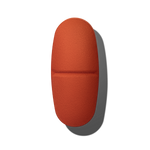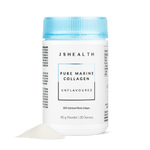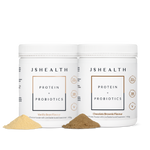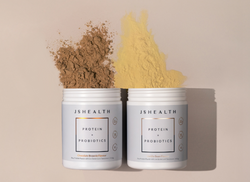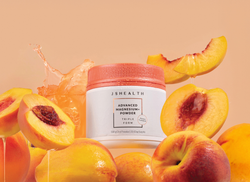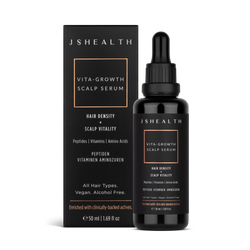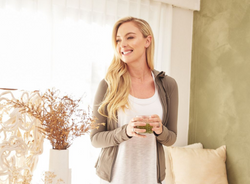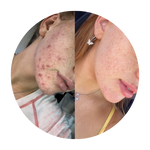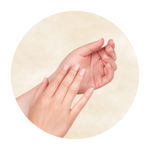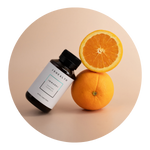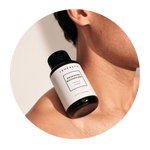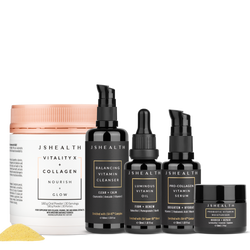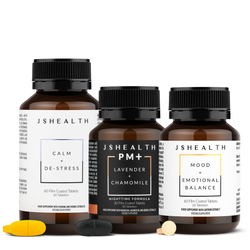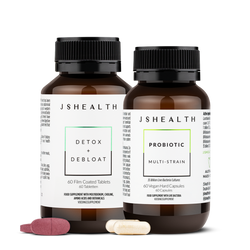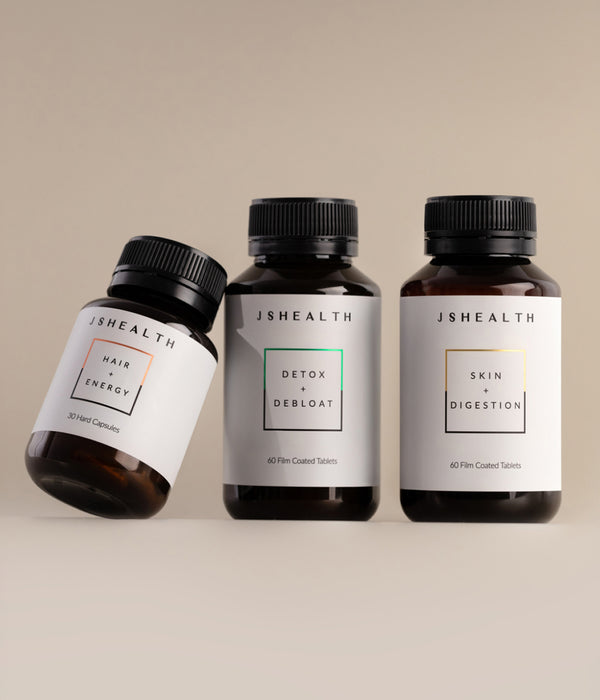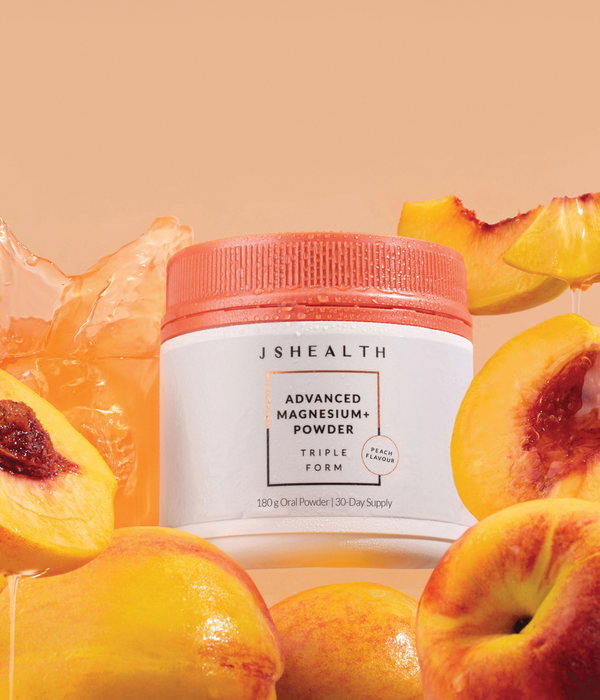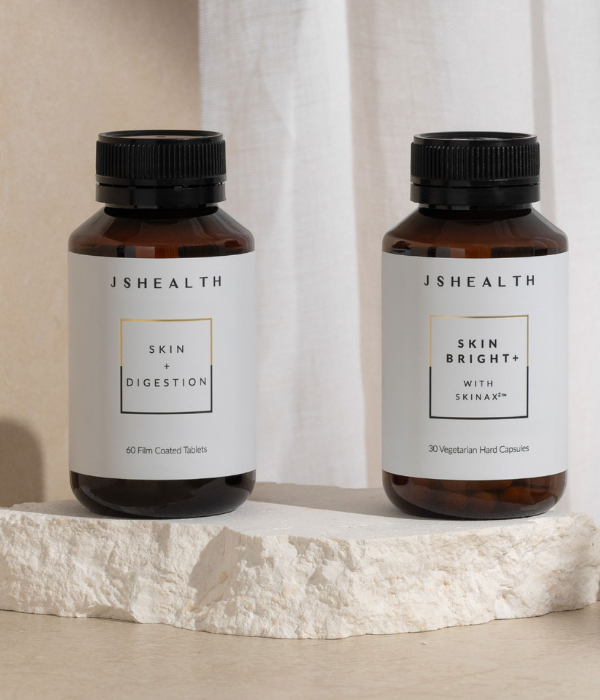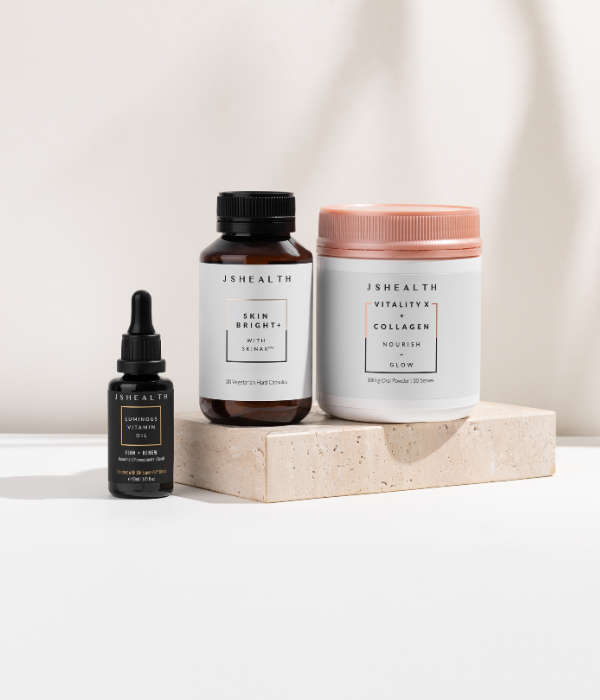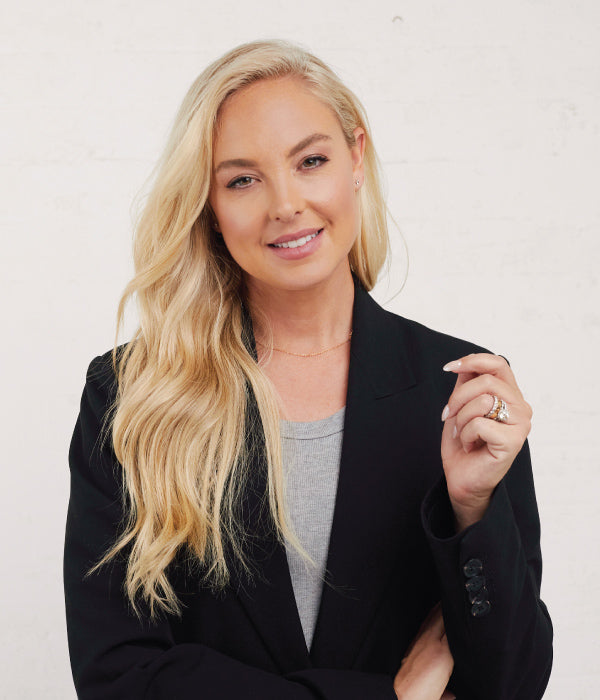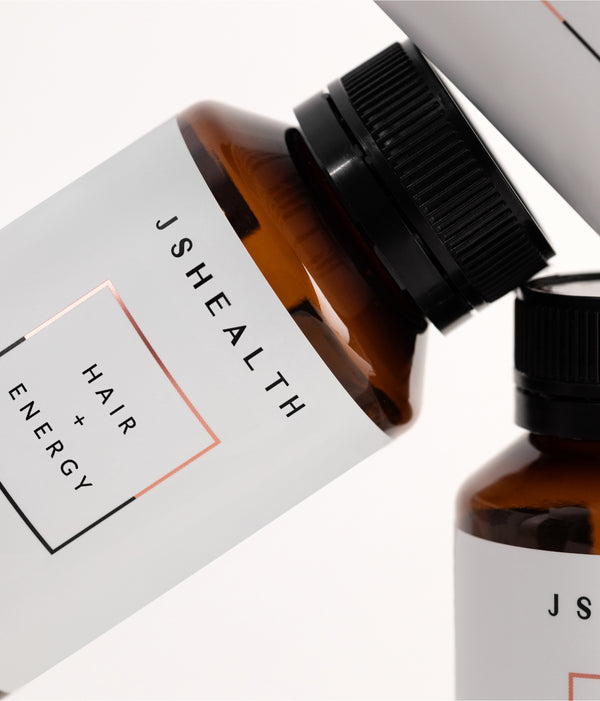Combatting period poverty with Share the Dignity
Menstrual hygiene products are a fundamental necessity, yet for 1 in 5 women, access to these essentials remains a challenge1.
We've teamed up with the incredible team at Share the Dignity for a heart-to-heart on a topic that impacts lives far beyond what meets the eye: period poverty. This hidden cost creates a ripple effect impacting physical and mental wellbeing, social participation and even educational opportunities.
Share the Dignity is focused on driving positive change across the nation, so everyone is afforded the dignity in life that so many of us take for granted.
We asked the hard-hitting questions to dig deeper into the issue and find paths to action and understanding. Whether you’re someone who menstruates, someone who knows someone who does, or you’re a kind-hearted soul who believes in equity for all, this chat is for you.
Read on to learn more about how you can join the fight against period poverty and make a real impact in your community.
What is period poverty?
Period poverty doesn’t just look like one thing – there are so many different experiences people can have with period poverty. Whilst menstrual inequality is often experienced by those fleeing domestic violence, and those dealing with homelessness, which would have a more long-term effect, there are also so many people in between that experience period poverty short term.
The rising cost of living has seen a lot more low and middle-income earners reaching out for support as they are forced to choose between putting food on the table or having basic essentials like period products.
What are the biggest challenges in combating period poverty in Australia?
There are many challenges we face when working to combat period poverty in Australia. A big challenge is the need for education. We need to educate everyone about periods to reduce the shame and stigma around periods. Boys become parents, brothers, dads, managers, bosses and friends – and it is so important to bring them on the education journey as well as ensuring everyone with a period is properly educated.
We also need to ensure everyone is aware that period poverty exists in Australia. We strongly believe not a single person in Australia wouldn’t want to help if they knew it existed, so we need to use our voices to help educate Australia about the realities of period poverty.
Lastly, it is our goal to see all states and territories working to combat period poverty. Currently we have a fantastic bill in the ACT mandating period products be available in public place and ensuring period education is provided and we would love to see this Australia-wide, so we need the government on board as well.
How can individuals and businesses get involved in the Dignity Drive?
Supporting our biannual Dignity Drives and our annual It’s in the Bag campaigns, or donating online is a key way to support the work that we do. You can also help just by just talking about periods and ending the shame and stigma attached to periods.
We strongly believe no one wouldn’t want to help if they knew period poverty exists in Australia, so please educate those around you and join us in advocating for change.
Can you share a story (or stories) of how Share the Dignity has directly impacted someone's life?
We have heard many stories of people choosing between period products or food for their family, or period products and bus tickets etc.
There was one lady our Founder, Rochelle spoke to who shared how she had escaped domestic violence and was living in her car, she still had a job and was just waiting for her next paycheck to be able to work towards finding a safe place to call home. She didn’t have a cent to her name and couldn’t afford to purchase a packet of period products. She had to ask someone at her workplace if they had tampons and they handed her a single tampon and she cried to herself as it would only see her through the next 4 hours. After landing on her feet she made sure to always keep packets of period products in her drawer and if someone asked her for one she would hand over the whole packet, no questions asked.
Another lady Rochelle met at a conference was so grateful to have received an #ItsintheBag donation. She shared how her husband had lost his job during covid and she couldn’t afford period products if she wanted to feed her family. She was cutting the last few pads she had into 3 and placing them right where the blood fell to try and make them last longer.
What happens to the donations once collected?
Our 6000+ volunteers collect the generous donations and distribute these to over 3000 charities Australia-wide that support people experiencing homelessness, victims of domestic violence, people in crisis or doing it tough. We do our best to keep donations in the local area where possible.
What are the psychological + social impacts of period poverty on individuals?
Not having access to period products can have a big impact on someone's psychological wellbeing as well as their physical health. When you don’t have access to period products you are often stressed about how you are going to get by, or whether you are going to have to choose between period products and other essentials. There is also the added stress of worrying about whether the products you have improvised with will hold out while you go to work etc.
One of our period product recipients, Kim also shared that dignity is such a powerful word when you have it, but when you don’t have access to period products your dignity is stripped away and you have no self-confidence or self-worth. Kim would sometimes miss work if she didn’t have enough items to improvise with and when you’re missing work or school because of period poverty that’s going to have a domino effect.
How does providing access to period products change that narrative?
Providing period products helps ensure those who menstruate are given dignified access to period products, it gives them the opportunity to be able to use their preferred period products and being able to change the product regularly – a dignity that everyone deserves and that so many of us take for granted.
This is why our Founder Rochelle invented the Dignity Vending Machine, a world-first innovation that dispenses a free period pack containing six tampons and two pads at the push of a button. To date, we have 714 Dignity Vending Machines installed in public toilets, charities, homeless hubs, domestic violence refuges, community centres, hospitals, Aboriginal Health Services working on improving Aboriginal and Torres Strait Islander peoples menstrual health, and schools across Australia.
Can you provide insight into the financial burden of period poverty on individuals and families?
Our 2021 Bloody Big Survey found that 1 in 5 people have experienced period poverty, 22% had to improvise on period products due to cost and 49% wore a tampon or pad for more than 4 hours because they didn’t have any more to use1. We’ve heard stories of people choosing between food for their family or period products and people cutting their pads into 3 so they last longer.
How does Share the Dignity work to alleviate this burden?
At Share the Dignity we run the following initiatives, as well as always advocating for dignified access to period products for everyone.
Dignity Drives – In March and August we run our Dignity Drives where we collect period products at Woolworths stores nationwide and other select businesses. We distribute the donations to over 3000 charity partners to ensure those who are doing it tough have access to free period products.
It’s in the Bag – In November we also run our It’s in the Bag campaign where we collect bags filled with essential items, these are again distributed to our 3000 charity partners to ensure the people we support receive a Christmas gift.
Dignity Vending Machines – Share the Dignity is passionate about ensuring free and dignified access to period products and so Rochelle invented the Dignity Vending Machine. It is a free vending machine that dispenses free period packs containing 2 pads and 6 tampons at the push of a button. We now have 714 Dignity Vending Machines installed in domestic violence shelters, charities, homeless hubs, libraries, Aboriginal Medical Services and other areas across the country.
Bloody Big Survey - Share the Dignity has committed to running the Bloody Big Survey every three years to monitor the changing attitudes and experiences of periods in Australia. 2024 marks our second Bloody Big Survey, in which we will be analysing the physical, social and financial impacts of menstruation and whether period poverty rates have risen since 2021.
References:
- NSW Swifts. (n.d.). International Women’s Day 2023: Let’s end Period Poverty! [online] Available at: https://nswswifts.com.au/news/international-womens-day-2023-lets-end-period-poverty.

